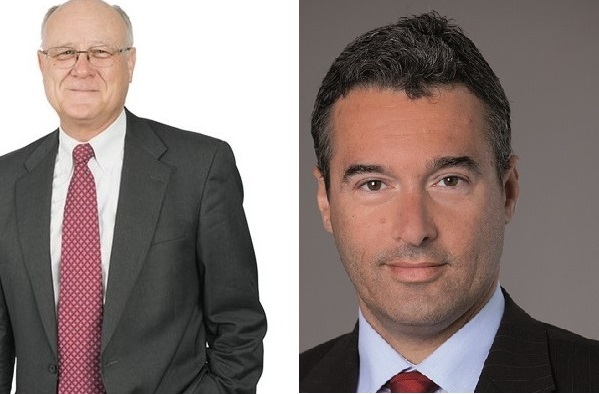Robert Wescott served as an advisor to President Bill Clinton in the late 1990s and for the last two decades has been a member of the Pioneer Investments Global Asset Allocation Committee. His long history analyzing the world economy does not preclude his surprise at the positive reaction of the markets after Donald Trump’s victory. Is it justified? During a lunch-conference with reporters in Madrid, Wescott pointed out that “the Dow Jones above 20,000 points reflects all the good news because the market expects Trump to make many economic decisions, but what are not being evaluated are the risks”.
And it is precisely the small companies that are most optimistic about the increase in spending that could further boost economic growth. “Companies’ high profits combined with more public spending are good news for the market,” said Francesco Sandrini, Head of Multi-Asset Solutions at Pioneer Investments. He says that in this sense we find ourselves in a period of transition from the so-called “secular stagnation”, “from fear of deflation to fear of inflation.”
But the risk, although not perceived yet, is there, and is mainly called China. And, according to Wescott, is not only because of the evolution of its economy, but also because of the political tensions generated by Taiwan’s diplomatic recognition. Trump’s words during his recent interview with The Wall Street Journal in which he admitted that “everything is in negotiation” are as explosive as a lit wick near a barrel of oil.
But the nature of the new president’s relationship with Russia is also a source of uncertainty. It could even be the trigger for a process of “impeachment” if it were demonstrated that “secret connections” exist. Wescott acknowledges that during his lectures in Europe, “everyone has asked me about the possibility of this process being initiated against Trump.” But the truth is that the new president, ” surrounds himself only with people who always agree with him and who flatter him “
“The Mexican wall is a symbol, there are many ways to cross that border”
Trump, who since the election campaign, has been firmly anchored in transmitting the message that everything is terrible, and identifying immigrants as terrorists “who have come to kill our women,” has as his main objective to keep America safe. However, as Wescott admits, the wall he wants to build between the US and Mexico, has been in operation since the mid-1990s when, to be precise, the Clinton administration, for which he was an advisor, authorized its construction in small areas of the border, such as San Diego or El Paso. “The wall is only symbolic, there are many ways to cross that border, but the wall symbolizes that the US does not want immigrants,” he says.
Another point of friction will be with the Republican Party itself. According to Wescott, “Republicans want little regulation, low taxes, and little spending. Trump agrees on everything except spending, and this is what can create tension.” Expenditure which will be focused on infrastructures and that will seek the support of the private sector. “Everybody looks at the big infrastructures, but there are many other microprojects that can be put in place,” says Sandrini.
On the continuity of Janet Yellen at the helm of the Fed, Wescott is very clear: “The chances of Trump holding on to Yellen are zero” and he points to Jack Welles as a possible candidate, despite his advanced age. In his final message, the expert points out what, in his view, is an “imperative for the future, we need economic growth.”
